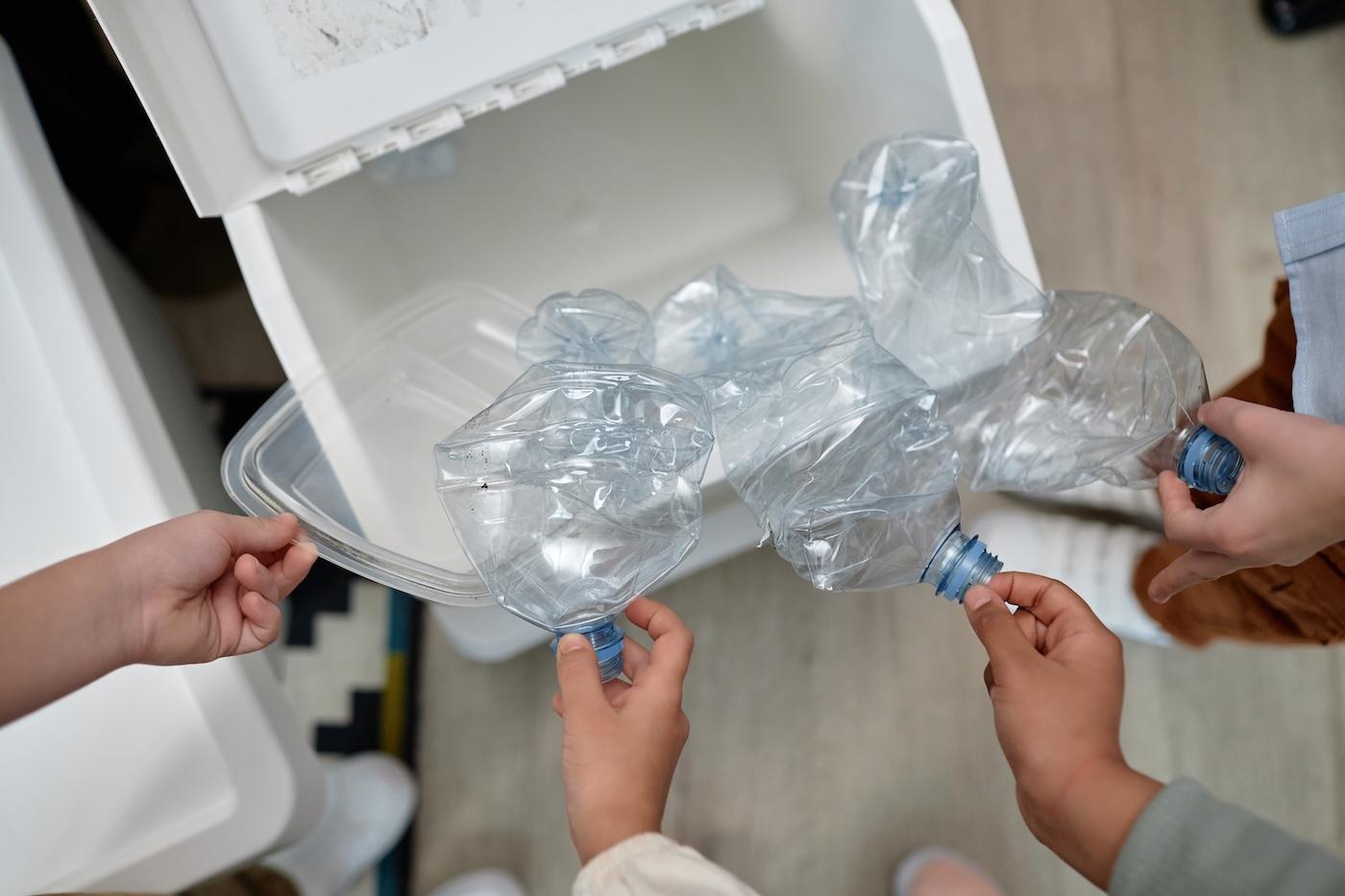PARENTS
How to Embrace the Unexpected in Parenthood
Getting comfortable with flexibility will help you grow as a parent.

Written by
Happiest Baby Staff

Becoming a parent is many things…including disorienting. One day you’re blissfully in charge of only yourself, making decisions that are best for you then—bam!—with a new child, your world turns on its head and your purpose, direction, goals shift entirely. For folks who like to feel in-control (and, honestly, who doesn’t?), the transition into new parenthood can be, well, chaotic.
The solution? According to Dr. Harvey Karp, it’s imperative that new parents cultivate their flexibility. In fact, he often jokes that he should make a bumper sticker for new parents that reads, “Be flexible…or die!” Allowing for flexibility eases self-imposed stress, makes creating a baby schedule way easier, and can help open your eyes to the joy of the unexpected.
So how exactly do we invite more unexpected positive experiences or outcomes into our lives? Here are some ways, courtesy of Christian Busch, PhD, a professor at New York University and author of The Serendipity Mindset: The Art & Science of Creating Good Luck, who has been studying how we can turn unexpected moments into opportunities for growth, connection, and "smart luck" (serendipity) in our personal and professional lives.
Ask for help this way. Asking for help often goes against our instincts. When staring at our fresh, new baby, we may think: I’m supposed to be a natural! Parents have been doing this since the dawn of time—surely I can, too! The thing is, up until a hundred years ago (or even less), we lived with parents, siblings, and other relatives. Our extended family were built-in helpers. Today, we often need to seek out help. And, according to Busch, one way to do that is by proactively sharing our small weaknesses. Translation: Get real with those around you. “It might feel daunting, but by being honest about our challenges and how we are struggling, we can meaningfully connect with family or community members,” he says. Besides, chances are, the person you’re confiding in likely feels similarly. “Exploring how you can help each other might lead to surprising insights, plus bonding over shared emotions and challenges,” he says.
Approach making friends as a parent differently. Making friends and connections as a new parent can be tricky for a myriad of reasons. But the challenges of parenting are unique, making it important to have friends who can do more than sympathize with you, but understand your joy, your anxiety—and everything in between. (Connections, after all, help tame the inner chaos.) While, sure, having a buddy to sit next to at Baby Group is great, but when looking for a deeper connection, tweak your usual “How old is your baby?,” “Where are you from?” and “What do you do?” questions for ones that dig a bit deeper. For instance, try queries like “What do you find most challenging about being on parental leave?” or “What inspired you to move here?” “These questions get people out of their usual autopilot responses and help them to open up conversations that make it easier to find potential dots to connect,” says Busch.
Reflect daily. “A serendipitous mindset is all about turning uncertainty and the unexpected to our advantage,” says Busch. “And a great way to nurture that in children—and ourselves—is through reflecting on the day’s highs and lows and unexpected turns.” You and your partner (and your children when old enough) can do this over a meal or during a family walk each day. “By asking everyone—including yourself—about something unexpected they learned today, the unexpected becomes decreasingly a source of anxiety and increasingly a source of joy,” says Busch. “And more importantly, these rituals can help to remind us of what’s most important in life—family.”
In the end, all of the above opens you up new ideas, new experiences, and a newfound understanding of yourself and those around you…making you a better person and parent.
Disclaimer: The information on our site is NOT medical advice for any specific person or condition. It is only meant as general information. If you have any medical questions and concerns about your child or yourself, please contact your health provider.
SHARE THIS ARTICLE
MOST LOVED
Sleepytime Sidekicks












